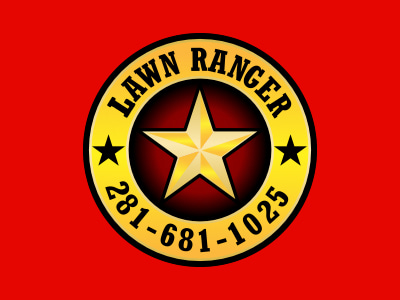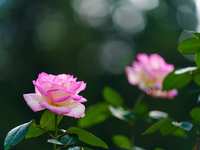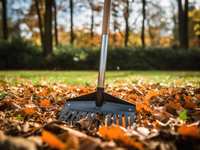Categories
Gardening in June: Fertilizer Facts and Herbicide Hesitation

Welcome to June, the month summer officially begins! Here's what you need to know about landscaping and gardening before the heat fully hits.
LAWN TIPS
Of all the chemical and/or enhancement applications to turf, fertilizer is by far the most common. It nourishes the turf, making it healthy. The healthier the turf, the better it can fight off disease, and tolerate everyday stresses such as drought, heat, and foot-traffic. But too much or too little fertilizer and you may sacrifice the health and resistance you’re trying to promote. Too much fertilizer can lead to foliar burning and actually stimulate disease, insect, and weed activity. Too little fertilizer and the lawn won’t thrive, again making it more susceptible to disease, insects, and weeds.
In all, there are at least 18 elements that plants require for proper growth; fortunately, they get most of these via natural soil processes. But 3 of these: nitrogen, phosphorus, and potassium (N-P-K), are the critical ones that plants need in larger quantities, which is why fertilizer products focus on these three. When selecting a fertilizer, be careful to select the proper product, and the proper application regimen for the time of year, the condition of your soil, etc.
Important: be VERY careful with fertilizer products containing herbicide, commonly called “weed-and-feed.” Follow directions carefully. Herbicides can certainly have an adverse effect on trees and shrubs. I can’t say it enough: BE CAREFUL!
CHINCH BUGS
Insect problems like chinch bugs and mole crickets may need to be dealt with this month. Chinch bugs suck the sap out of grass and are especially damaging during periods of hot, dry weather. Look for areas of dead, straw-like grass starting to appear in sunny, hot areas of the lawn; particularly near concrete driveways and sidewalks. Treat with insect-control aids/products labeled to control chinch bugs in lawns.
A WORD ABOUT ROSES
If you did not fertilize your roses last month, you may do so this month. Use your favorite rose fertilizer, or a premium quality, long lasting, slow-release rose fertilizer. Read and follow label instructions. Although it may seem as if roses have pest problems no matter what you do, DON’T GIVE UP. A regular weekly spraying with a combination product that includes a fungus-control aid for blackspot and an insect-control aid for insect pests is important.
Keep weeds under control by regularly hand pulling, and mulching 3-4 inches deep. Regularly collect and dispose of diseased leaves that yellow and drop from your rosebushes. This may help reduce blackspot problems.
CONTACT US
Lawn Ranger Company’s services include landscaping, fertilization and weed control, lawn mowing, sprinkler systems, and landscape lighting.
You are invited to send us your questions and comments. We can be contacted at our offices at 281-681-1025, or through our web site: www.LawnRangerCompany.com.
“Like” us on FaceBook at www.facebook.com/lawnrangercompany
Follow us on Twitter: @lawnranger_walt.
Check out a few videos at www.youtube.com/lawnrangercompany
Comments •


















